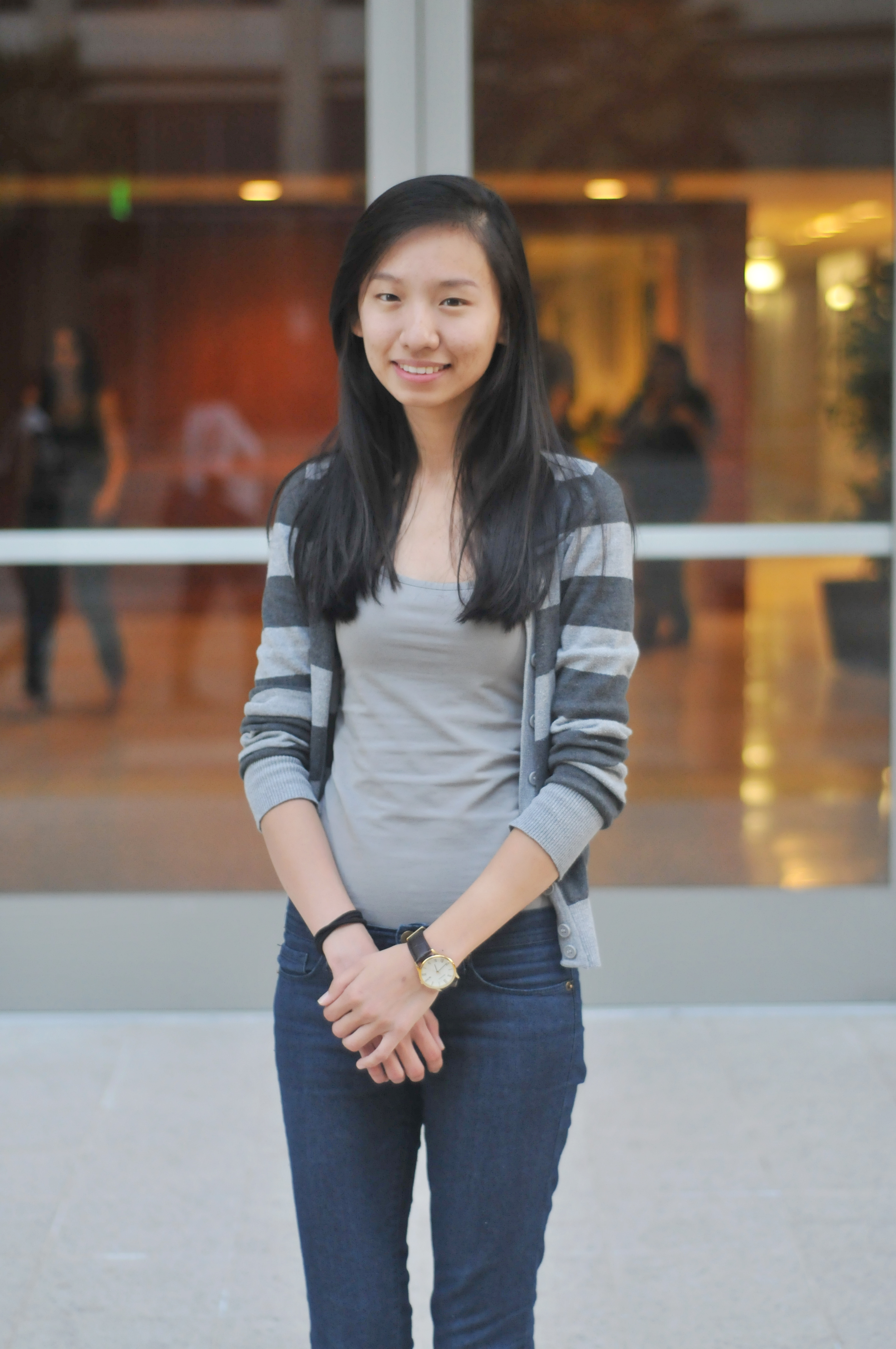Just outside Hanray Wu’s family home, trucks carried plastic water bottles away from her family’s small factory in Mandalay, a city located in central Myanmar.
Laborers would regularly load and unload the trucks with bottles on the lot of the manufacturing business, just feet away from Wu’s family home.
Growing up, she could watch the familiar routine from her living room’s window.
More than 8,000 miles away from where she grew up listening to the whirring of generators and her father’s business-related chatter, Wu will pursue a bachelor’s degree in a field she has known for most of her life.
The third-year business-economics student will enter UCLA this fall, along with 400 other international transfer students.
She wants to eventually return to Myanmar, also known as Burma, to run her own business that will help support the Burmese community ““ following in her father’s footsteps.
But she wants to forge her own path in the process.
“I came to (the United States) with a mindset that there are so many options here,” Wu said. “It’s up to me to explore and pursue (them).”
Wu’s uncle, Calvin Mah, invited her to the U.S. two years ago. He felt there would be more academic choices and a better learning environment at an American college than in Myanmar, he said.
He learned about the student visa process from a family friend and suggested the idea to Wu.
After moving to the U.S., Wu attended a community college in Fremont, Calif, where her uncle lives.
Wu’s family worried about her leaving home but supported the move, Mah said.
Though the transition was difficult at times, Wu tried to integrate into her new college community, she said.
The ethnic diversity in the area helped her quickly adjust to the American cultural landscape, she added.
After her first year, she joined the Ohlone College student government, Wu said.
Jason Trinidad, a third-year philosophy student at UC Davis and former president of the student government at Ohlone, said as a representative, Wu encouraged the council members to consider Ohlone’s international student population more in policy discussions.
“There’s a lot of people back there in (Myanmar) that want to come here and they can’t afford it,” Mah said.
International students do not qualify for state or federal aid in the U.S. and UCLA does not award financial aid or scholarships to undergraduate students who are not citizens or permanent residents of the U.S.
Wu’s family takes out loans in Burma to cover the cost of attending UCLA. For international students living on-campus, expenses are estimated to be more than $55,000.
Nonetheless, her father has always reassured her not to worry about the cost of her education, Wu said.
Wu’s 25-year-old sister left Myanmar to study at a Chinese university. She graduated two years ago.
“(My dad) always believes that whatever the cost to go to school, it’s going to be worth it,” Wu said.
But Wu wants to graduate as soon as possible and not prolong her family’s financial burden.
During her two years at Ohlone College, Wu worked about 10 hours a week as a peer mentor for other international students to help pay for her living expenses, Wu said.
While she never felt a complete culture shock, Wu said she had to adjust to different teaching styles in the classroom ““ one of her main setbacks, she said. She remembers going days without sleep to finish her papers.
Still, Wu took on a leadership role in the classroom, said Milton Chavez, Wu’s former accounting professor. She often helped other students during class who were struggling, Chavez said.
“Everyone was trying to get information from her because she was one of the best-performing students,” he said.
Wu did not realize that transferring to a four-year university was the next possible step until friends started asking her where she was going to apply.
A few months earlier she had never heard of UCLA, she said.
But after a road trip through California with friends to visit colleges, Wu was convinced UCLA was a good fit, she added.
She liked the feel of the campus and Westwood and said students were friendly, like when an ASK peer counselor answered her questions in the Royce Quad.
“I think that was really important to me ““ to feel welcome, even if you’re not a student over there yet,” Wu said.
She decided to apply.
Wu remembers jumping up and down from excitement when she received her acceptance in the spring, she said.
Now, months later, she is all moved into her Rieber Vista dorm and will get involved early at UCLA as a move-in assistant.
She shares the same worries as many new students ““ adjusting to larger classes and the quarter system.
“Not knowing what’s going to happen and just hoping that something good will come ““ that kind of thinking ““ is in me,” she said.
Wu said she is still unsure of the business field she will work in once she leaves UCLA.
But returning to her home country of Myanmar is a must.
“I feel like Burma needs me more than America needs me,” she said. “And I miss Burma.”
